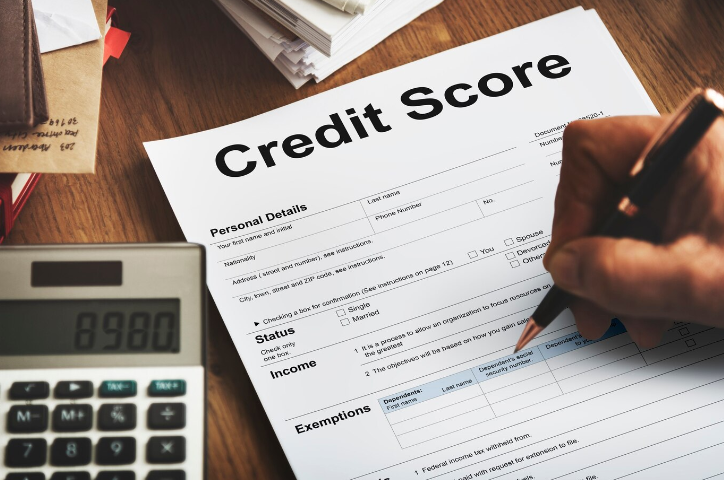In today’s fast-paced financial landscape, managing your credit effectively is crucial. One of the key components of maintaining a healthy credit profile is regularly monitoring your credit card statements. This practice not only helps you stay on top of your finances but also protects you from fraud and errors that can negatively impact your credit score. Here’s why regularly reviewing your credit card statements is so important and how to do it effectively.
1. Identify Errors and Discrepancies
Credit card statements provide a detailed record of all transactions made within a billing cycle. By reviewing your statements regularly, you can:
- Spot Unauthorized Charges: Fraudulent transactions can occur if your credit card information is stolen. Regular monitoring helps you catch unauthorized charges early, allowing you to report them promptly to your card issuer.
- Check for Mistakes: Sometimes, merchants may accidentally charge you incorrectly, or there may be duplicates. Reviewing your statements allows you to identify these errors and dispute them before they become a bigger issue.
Tip: If you find an error, contact your credit card issuer immediately to dispute the charge. Most companies have a formal process for resolving disputes, and many protect you from liability for unauthorized transactions if reported promptly.
2. Manage Your Budget More Effectively
Your credit card statements can be invaluable tools for budgeting. By examining your spending patterns, you can:
- Track Spending Habits: Regularly monitoring your statements allows you to categorize your expenses and understand where your money goes each month. This insight can help you identify areas where you might want to cut back.
- Avoid Overspending: By keeping an eye on your available credit and the amounts you’re charging, you can prevent yourself from overspending, which can lead to debt accumulation.
Tip: Consider using budgeting apps that integrate with your credit card accounts. These tools can automatically categorize your spending, making it easier to monitor your financial health.
3. Maintain a Healthy Credit Utilization Ratio
Your credit utilization ratio—the percentage of your credit limit that you’re currently using—plays a significant role in determining your credit score. Monitoring your statements helps you to:
- Keep Utilization Low: Aim to keep your utilization below 30%. By regularly reviewing your statements, you can ensure you’re not nearing your credit limit, which can negatively impact your credit score.
- Plan for Payments: If you notice that your balance is getting high, you can make a plan to pay down your debt sooner rather than later, helping you maintain a healthy credit profile.
Tip: If you have multiple credit cards, monitor each one’s utilization separately. This will help you manage your overall credit more effectively.
4. Protect Yourself from Identity Theft
Identity theft is a serious concern in today’s digital world. Monitoring your credit card statements regularly allows you to:
- Detect Fraud Early: The sooner you identify suspicious transactions, the quicker you can take action. Regular checks increase your chances of catching fraud before significant damage occurs.
- Enhance Security Measures: If you notice a pattern of fraudulent activity, you can take steps to protect yourself, such as changing your passwords, setting up alerts for transactions, or even freezing your credit.
Tip: Consider signing up for fraud detection services that monitor your credit card activity and alert you to suspicious transactions.
5. Take Advantage of Rewards and Benefits
Many credit cards come with various rewards programs, cash back offers, and perks. By reviewing your statements regularly, you can:
- Maximize Rewards: Keep track of which purchases earn you the most rewards and adjust your spending habits accordingly. This way, you can make the most out of your card’s benefits.
- Stay Informed About Benefits: Many credit cards offer additional perks, such as purchase protection or travel insurance. Regularly reviewing your statements helps you stay informed about these benefits and ensure you’re taking full advantage of them.
Tip: Make a note of your card’s rewards program and try to use your card for purchases that earn you the most points or cash back.
6. Prepare for Tax Season
Your credit card statements can be useful for tax preparation. Regularly reviewing them allows you to:
- Track Deductible Expenses: If you use your credit card for business expenses or other deductible purchases, monitoring your statements can help you keep a record of these expenses, making tax time easier.
- Simplify Record Keeping: By categorizing expenses as you go, you can simplify the process of preparing your tax return and ensure that you’re not missing out on deductions.
Tip: Consider organizing your statements and expenses by category, which will help you during tax season and throughout the year.
Conclusion
Monitoring your credit card statements regularly is essential for effective financial management. From catching errors and preventing fraud to helping you budget and maximize rewards, the benefits of this practice are numerous. By making a habit of reviewing your statements monthly, you not only protect yourself from financial pitfalls but also set yourself up for long-term success in managing your credit and finances. Stay proactive, and you’ll be on your way to achieving your financial goals with confidence.


